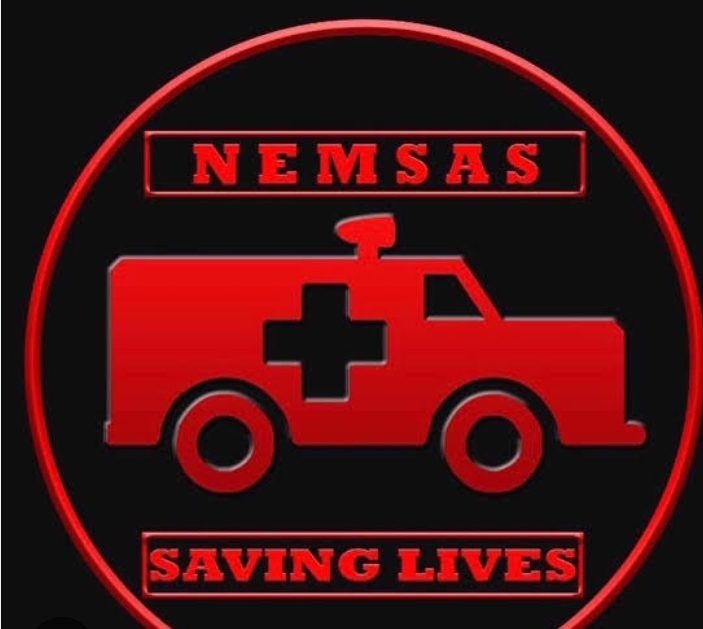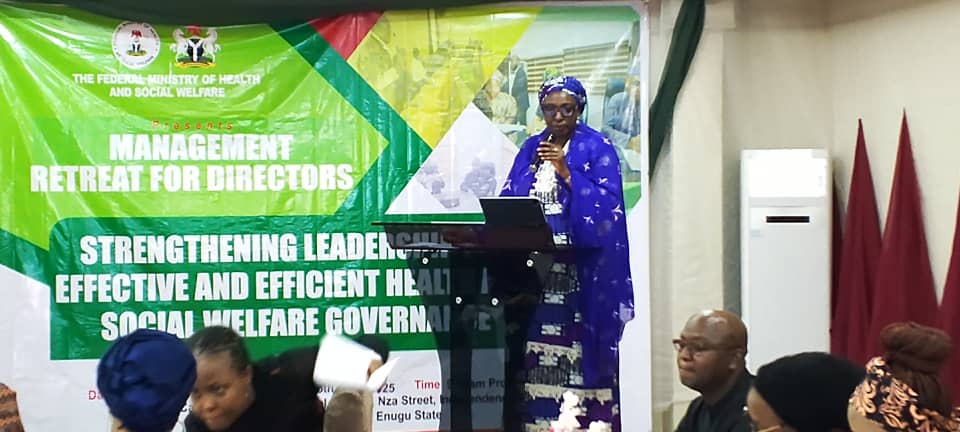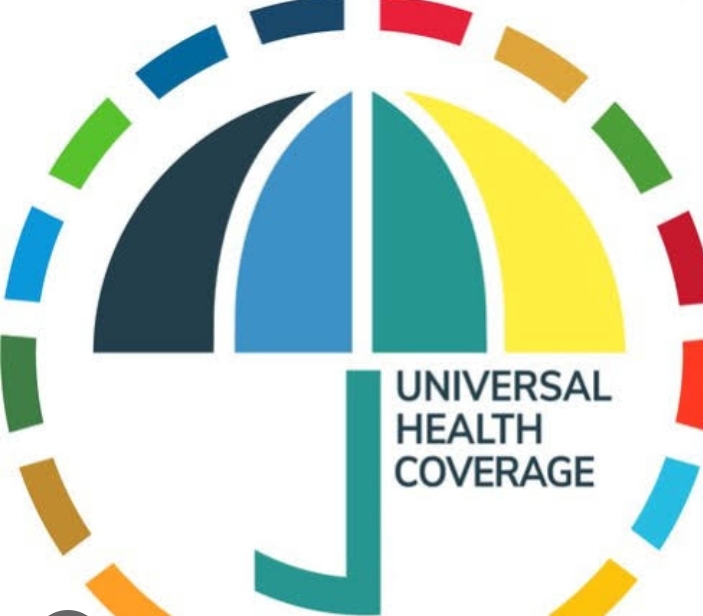NEMSAS Enforce Rural Ambulance, Medical Transport Service in Rural Community’s,to Stop Maternal Mortality in Nigeria

By Fatima Saka
In an effort to deliver healthcare services across the country, the National Emergency Medical Services and Ambulance System has implemented Rural Ambulance and Medical Transport Service in Rural Communities in Nigeria to prevent the effects of child mortality.
Added that the enforcement will enable efficiency for the health systems and structure to achieve universal health coverage in order to reduce maternal mortality in the rural communities across the country.
The National Programme Manager of
NEMSAS, Dr. Saidu Ahmed Dumbulwa, disclosed this on Monday in Abuja during the stakeholders meeting on Rural Emergency Service and Maternal Transport, and Press briefing on NEMSAS Alignment with the Sector Wide Approach Proramme of the National Health Sector Renewal Investment Programme to Implement Rural Ambulance And Medical Transport Service in Rural Communities in Nigeria.

Dr. Dumbulwa said that the NEMSAS is aligning to President Bola Ahmed Tinubu Renewed Hope Agenda for the Health Sector/ National Health Sector Renewal Investment Programme in line with the sector wide approach programme to implement Rural Ambulance and Maternal Transport Service in Nigeria.
The National Programme Manager of
NEMSAS further explained that the implementation process will be a collective actions strategy for effectiveness, health emergency effectiveness, and efficiency, in addition to other motivating fatalities related to the road traffic accident and post crash.
He reiterated the power of collective ambition and commitment to address the missing link “medical emergency services” in the Nigeria health sector, through an innovative and effective collective strategy between the public and private sector.
“As we are here today as stakeholders, It is vital that we collaborate around the health challenges we face, in a shared spirit of solidarity and partnership. This will ensure health security for our population, which is key to health improvement and a fundamental pillar of the Nigerian Health sector’s agenda.
“Stakeholders’ collaboration saves lives. Looking ahead, we must consider how we can strengthen our efforts to impact more lives in a sustainable way. All inclusive of the public and private sector for an effective and efficient Rural Emergency Medical Transport and Ambulance services.
“This will serve as the bridge connecting stakeholders, when we unite under a shared vision, the ripple effect of such collaborations can be monumental with positive outcomes that translates to saving more lives,” he said.
Dr. Dumbulwa further stressed that health is a priority of the FGN agenda and in line with the National Health Act of 2014 which states that 5% of the Basic Health Care Provision Fund of the 1% CRF shall be used for Emergency Medical Treatment. “Pursuant to this provision, the National Emergency Medical Treatment Committee (NEMTC) approved a novel concept in national health service delivery constituted to address the missing link in the health sector known as National Emergency Medical Services and Ambulance System (NEMSAS).
“Emergency care is an essential element of universal health coverage, responding to a range of acute conditions in children and adults, including injuries, infections, acute exacerbations of non-communicable diseases, and complications of pregnancy”.
He added that every year in Nigeria there are about Nine million pregnancies with an estimated 9% developing complications mostly in the rural areas.
“EMS thus involves a continuum of pre-hospital and in-hospital care and the linkages between these components, to ensure that emergency medical care is available when and where it is required, irrespective of ability to pay.
“Delay in service provision, most often due to payment, is the cause of many instances of permanent disability and death; on the spot payment is very inefficient and mostly claims the lives of poor and downtrodden Nigerians that cannot afford to transport themselves and pay for services at a point of care.
“The NEMSAS services provide services at a point of care within the first 48 hours at no cost to the patient,” he added.
Speaking on, Dr. Sani Abdullahi, a representative of the National Primary Health Care Development Agency (NPHCDA) said statistics of abysmal maternal mortality are quite disturbing, adding that with rural emergency services and maternal transport measures will be taken. “To help to alleviate and reduce these statistics of Nigerians despite their locations should not be discriminated against.”
Also, Mr. Chris Obodozie, Chairman of National Private Sector Ambulance Network, said currently their services are in 22 states of the country, with over 82 ambulances, added that the aim of NPSAN is to provide effective and efficient medical services across the country.
Dr. Aishatu Bajoga, a representative of Basic Health Care Provision Fund (BHCPF) said the ministerial oversight Committee of the BHCPF commended the good work of NEMSAS, adding that in some states they have evidence of reports received from the communities.
Also, a presentation by Dr. Emuren D Pere, Head of Operations, NEMSAS on Rural Emergency Service and Maternal Transport (RESMaT). “The Preamble, Major Factors of Maternal Mortality in Nigeria, Delay in receiving quality healthcare, Goals of RESMaT, Component and Objective, among others.
Meanwhile, Rural Ambulance and Medical Transport Service is already existing in three states in Nigeria, FCT-ABUJA, Yobe and Anambra State.
Following are other stakeholders:
National Hospital, Dr. Badamasi (Chairman Medical Advisory Committee) rep. CMD Nat.Hosp, Dr. Sunday Ongbabo (FCT/EMSAS) Coordinator, NURTW Umar Abubakar.






